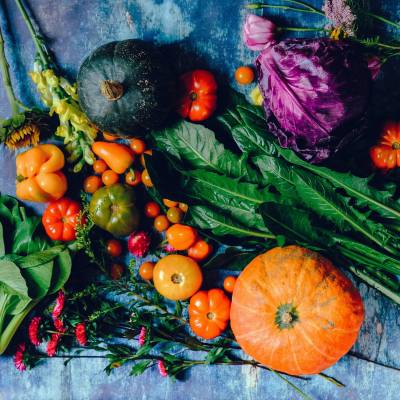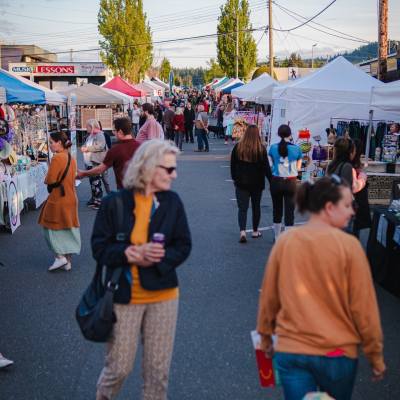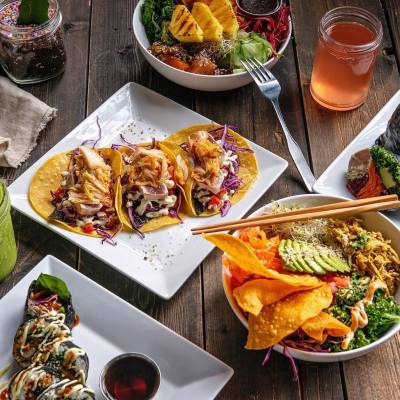Eating 'Green' in Parksville Qualicum Beach
Sustainability is an important factor to consider for any business, including restaurants.
There are numerous ways to adopt environmentally friendly practices, and in the burgeoning culinary hub that is Parksville Qualicum Beach, many restaurants (and home chefs) are doing just that. Here are six ways that local businesses and consumers are being eco-conscious when it comes to the kitchen.
1. Sourcing Locally
Sourcing ingredients locally can dramatically reduce a restaurant's carbon footprint by eliminating the emissions created during long-haul transport of food items. Supporting local farmers and producers also bolsters the community's economy and fosters stronger connections between growers, suppliers, and restaurants. While most restaurants in the region are experts at sourcing from the bountiful land around them, De L’ile Restaurant and Bakery does this exceptionally well, sourcing from both Island farmers and foragers.
2. Seasonal Menu
Designing a menu around seasonal produce allows the restaurant to take advantage of the freshest, highest quality ingredients available at any given time of the year. This practice contributes to local economies and reduces the demand for out-of-season produce, which is often shipped from far-off places, contributing to carbon emissions. Cedars Restaurant and Lounge is known to have a rotating seasonal menu to showcase the freshest local ingredients of the season.
3. Reducing Food Waste
Food waste is a significant problem in the restaurant industry, contributing to both economic loss and environmental harm. Implementing portion control, efficient meal planning, and accurate demand forecasting can help minimize waste. The City of Parksville has a food waste bin collection program that is part of the regional district’s goal of diverting 90% of waste from the landfill.
4. Sustainable Seafood
Overfishing and harmful fishing practices are causing significant damage to our oceans. Certifications like MSC (Marine Stewardship Council) can help identify seafood that has been caught or farmed in a way that ensures the long-term viability of that species and minimizes environmental harm. French Creek Seafood is an MSC-monitored facility that carries a wide variety of sustainably harvested, fresh local seafood.
5. Plant-Based Options
The production of meat, particularly beef, is one of the largest contributors to greenhouse gas emissions in the food industry. By offering delicious vegetarian and vegan options, restaurants can cater to a growing market and significantly reduce their carbon footprint. Realm Food Co. is island-renowned for their veggie-forward meals that are as colourful and aesthetically beautiful as they are healthy for both the customer and the planet.
6. Green Cleaning
Many cleaning products contain chemicals that are harmful to both humans and the environment. By switching to green cleaning products, homes and businesses can create a safer environment while also reducing environmental impact, as these products are typically biodegradable and non-toxic. Shades of Green Eco Store & Refillery is a great option for finding green cleaning options for anyone who needs a few good kitchen cleaning essentials.



